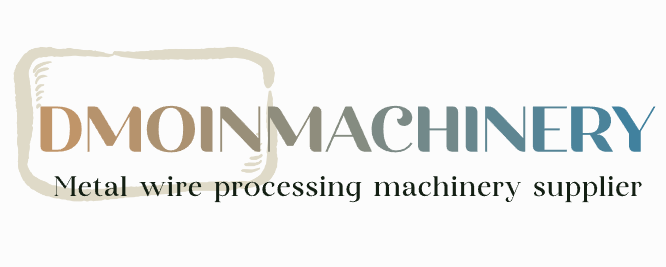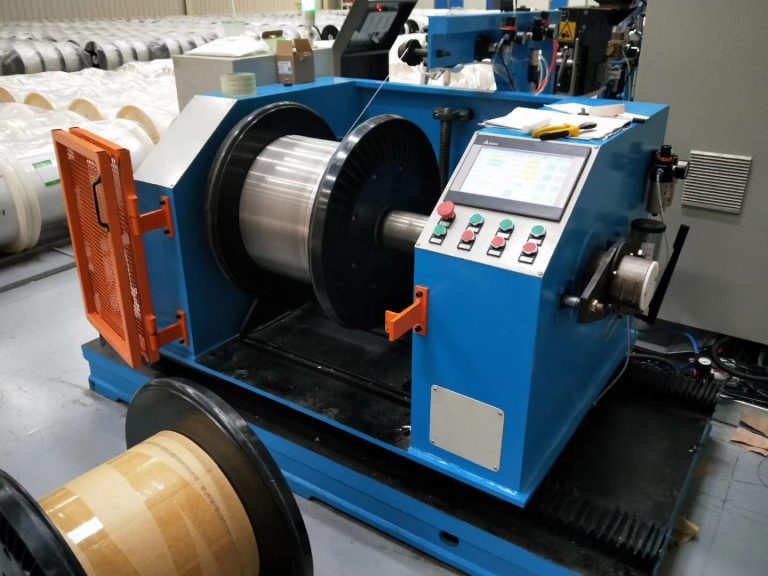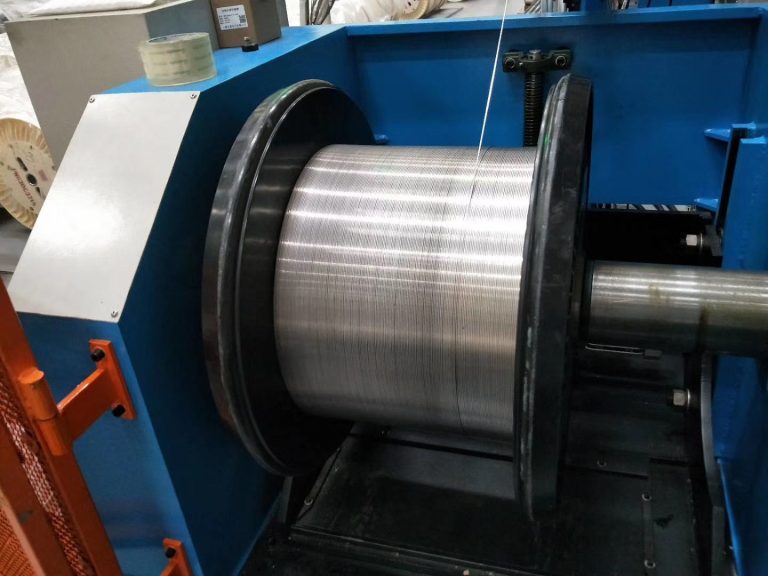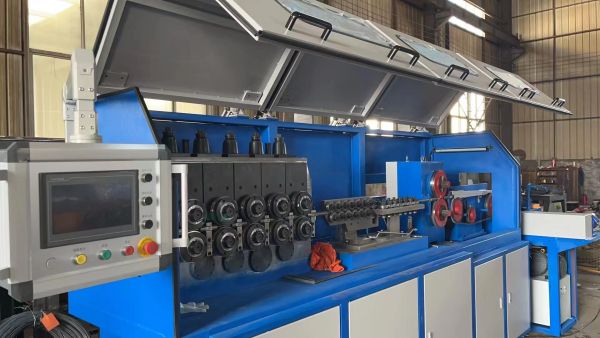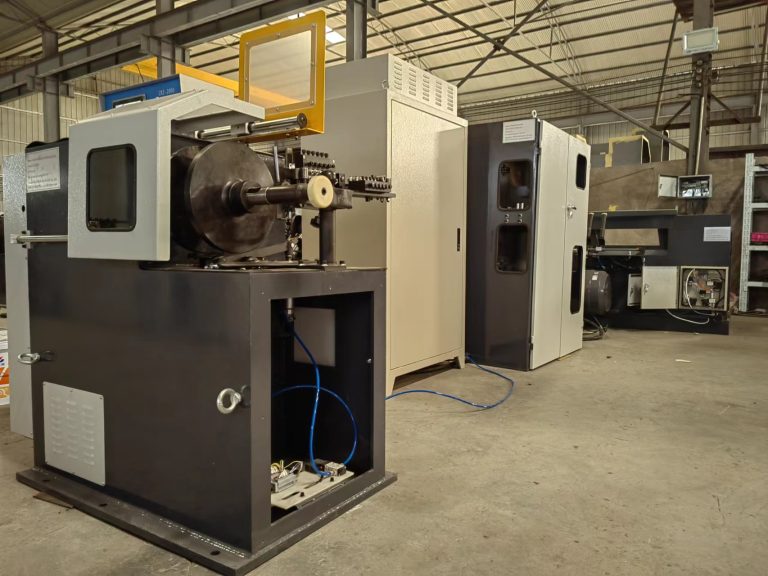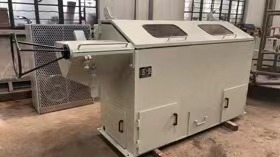Table of Contents
How to Properly Maintain and Troubleshoot Horizontal Dead Block Wire Coilers
Horizontal dead block wire coiler are essential pieces of equipment in the wire manufacturing industry. They are used to coil wire into a neat and organized manner for storage and transportation. Proper maintenance and troubleshooting of these coilers are crucial to ensure smooth operation and prevent costly downtime. In this article, we will discuss some tips on how to properly maintain and troubleshoot horizontal dead block wire coilers.
Regular maintenance is key to keeping horizontal dead block wire coilers in optimal condition. One of the most important maintenance tasks is to regularly inspect the coiler for any signs of wear and tear. Check for loose or damaged parts, such as bearings, gears, and belts, and replace them as needed. Lubricate moving parts to reduce friction and prevent premature wear. Clean the coiler regularly to remove dirt, dust, and debris that can cause damage to the equipment.
Another important maintenance task is to check the tension of the wire being coiled. Improper tension can lead to uneven coiling and damage to the wire. Adjust the tension settings as needed to ensure smooth and consistent coiling. It is also important to regularly check the alignment of the coiler to ensure that the wire is being coiled properly. Misalignment can cause the wire to coil unevenly and lead to issues with the finished product.
In addition to regular maintenance, it is important to troubleshoot any issues that may arise with horizontal Steel Wire Dead Block Coiler For Continuous Coiling. One common issue is slippage of the wire during coiling. This can be caused by improper tension settings, worn-out parts, or misalignment of the coiler. To troubleshoot this issue, check the tension settings and adjust them as needed. Inspect the parts for wear and replace any damaged components. Realign the coiler to ensure proper coiling of the wire.
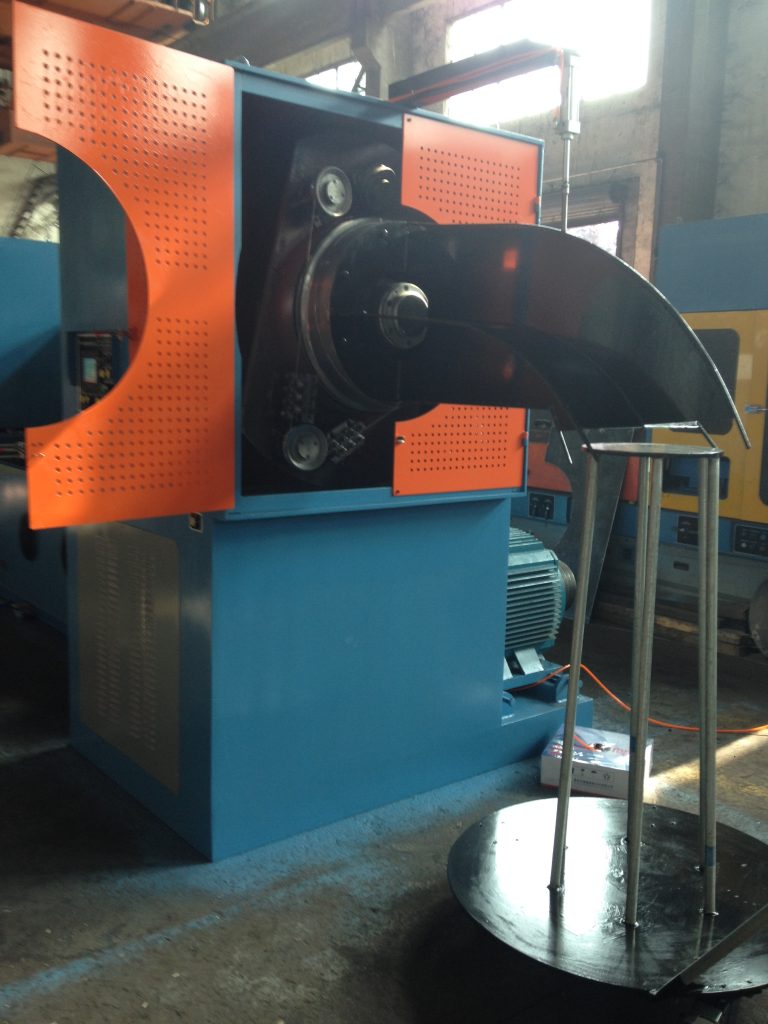
Another common issue with horizontal dead block wire coilers is jamming of the wire. This can be caused by a buildup of dirt, dust, or debris in the coiler. To troubleshoot this issue, clean the coiler thoroughly to remove any obstructions. Check for any damaged parts that may be causing the jamming and replace them as needed. Adjust the tension settings to prevent future jamming issues.
It is important to follow the manufacturer’s guidelines for maintenance and troubleshooting of horizontal dead block wire coilers. These guidelines will provide specific instructions on how to properly maintain and troubleshoot the equipment to ensure optimal performance. Regularly inspecting the coiler, checking the tension of the wire, and troubleshooting any issues that arise will help to prevent costly downtime and ensure smooth operation of the equipment.
In conclusion, proper maintenance and troubleshooting of horizontal dead block wire coilers are essential to ensure smooth operation and prevent costly downtime. Regularly inspecting the coiler, checking the tension of the wire, and troubleshooting any issues that arise will help to keep the equipment in optimal condition. By following the manufacturer’s guidelines and taking proactive steps to maintain and troubleshoot the coiler, you can ensure that your wire manufacturing process runs smoothly and efficiently.
Advantages of Using Horizontal Dead Block Wire Coilers in Industrial Applications
Horizontal Wire Dead Block Coiler Machine is an essential component in many industrial applications, providing a reliable and efficient way to coil wire for storage or transportation. These coilers offer a number of advantages that make them a popular choice for businesses looking to streamline their wire coiling processes.
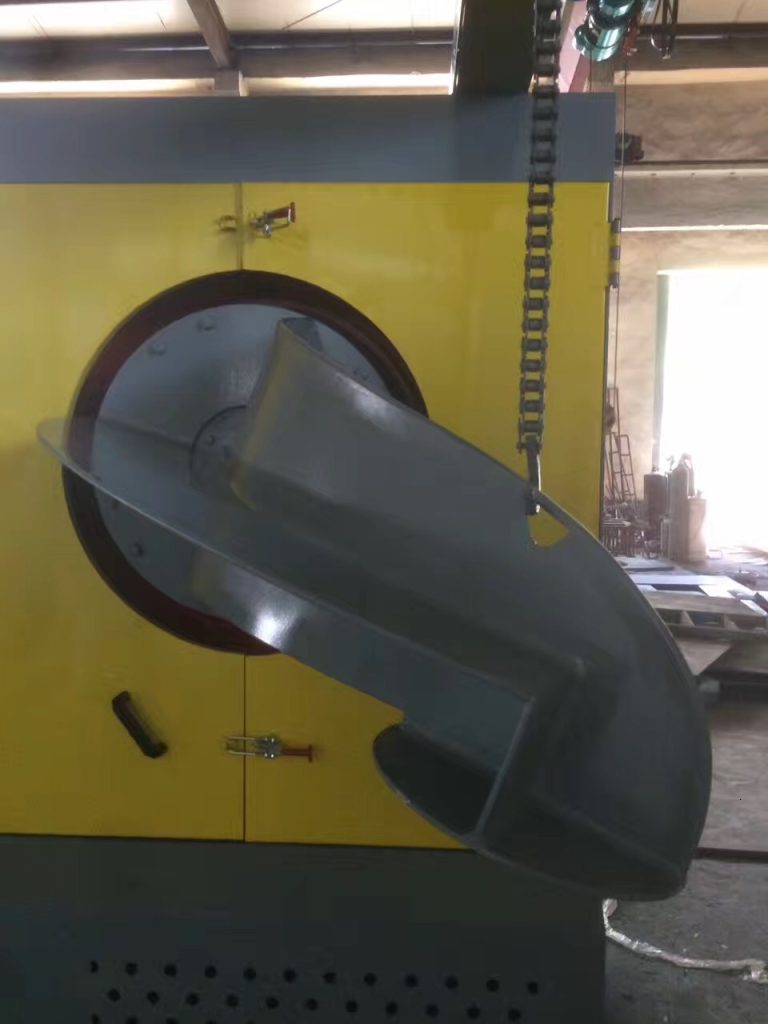
One of the key advantages of using horizontal dead block wire coilers is their ability to handle a wide range of wire sizes and materials. Whether you are working with thin, delicate wire or thick, heavy-duty wire, a horizontal dead block wire coiler can easily accommodate your needs. This versatility makes these coilers a valuable asset for businesses that work with a variety of wire types on a regular basis.
In addition to their versatility, horizontal dead block wire coilers are also known for their high level of precision and accuracy. These coilers are designed to coil wire with consistent tension and spacing, ensuring that each coil is uniform and free from defects. This level of precision is essential for businesses that require high-quality coiled wire for their products or processes.
Another advantage of using horizontal dead block wire coilers is their efficiency and speed. These coilers are capable of coiling wire quickly and efficiently, allowing businesses to increase their production output without sacrificing quality. This can help businesses meet tight deadlines and keep up with demand, ultimately improving their bottom line.
Furthermore, horizontal dead block wire coilers are designed for ease of use and maintenance. These coilers are typically equipped with user-friendly controls and features that make them easy to operate, even for inexperienced operators. Additionally, these coilers are built to withstand the rigors of industrial use, requiring minimal maintenance and upkeep to keep them running smoothly.
One of the most significant advantages of using horizontal dead block wire coilers is their space-saving design. These coilers are typically compact and can be easily integrated into existing production lines or workspaces. This can help businesses maximize their available space and improve overall efficiency in their operations.
Overall, horizontal dead block wire coilers offer a number of advantages that make them a valuable asset for businesses in a variety of industries. From their versatility and precision to their efficiency and space-saving design, these coilers are an essential tool for businesses looking to streamline their wire coiling processes and improve their overall productivity.
In conclusion, horizontal dead block wire coilers are a reliable and efficient solution for businesses looking to coil wire for storage or transportation. With their versatility, precision, efficiency, and space-saving design, these coilers offer a number of advantages that make them a popular choice for industrial applications. Businesses that invest in horizontal dead block wire coilers can expect to see improvements in their production output, quality, and overall efficiency.
